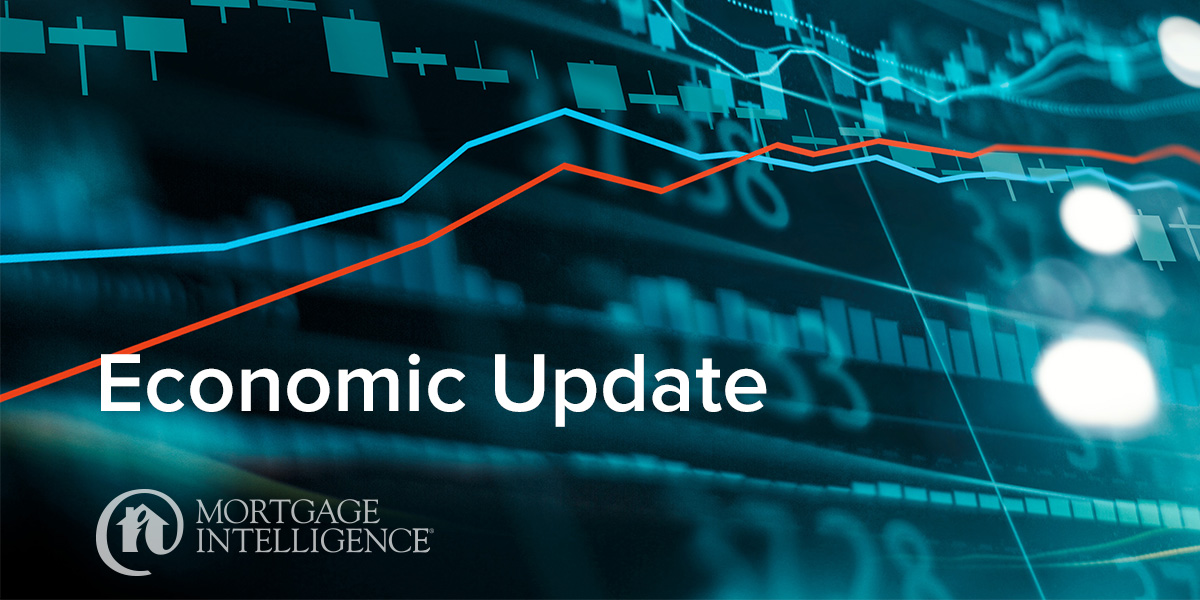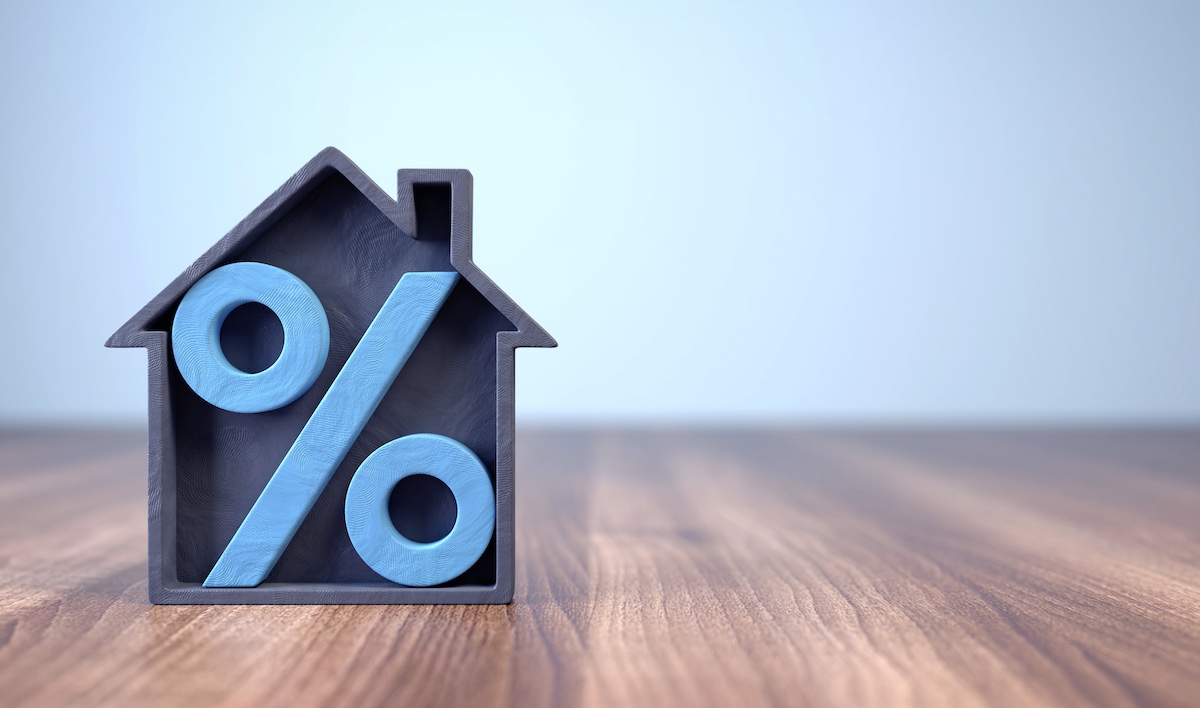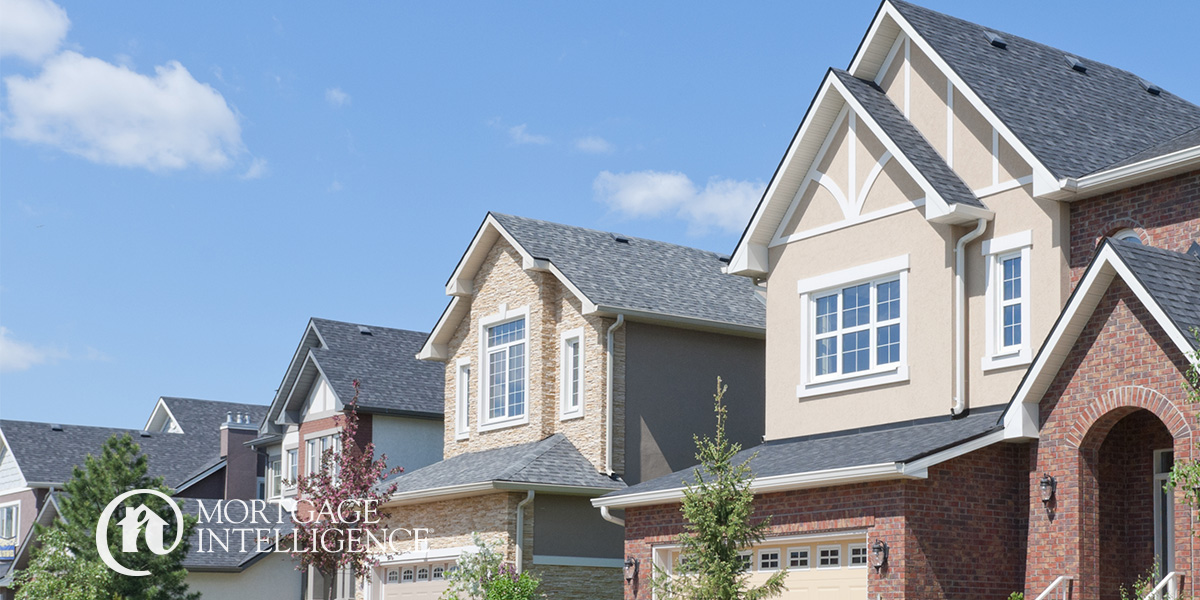Does homeownership offer more benefits than renting?
Many Millennials (27 to 42 years old) and Gen Zs (up to 26 years old) have convinced themselves that renting is a better lifestyle choice than homeownership. And why not? Renting offers certain advantages such as flexibility and predictability, and studies have shown that after 30 years, a prudent renter could be just as well off financially as a homeowner. Renting gives you the freedom to pick up and move with relative ease when your lease ends, and if you’re looking for new job opportunities, “commuting distance” doesn’t have to be a deal breaker. Your monthly expenses are predictable and someone else (the landlord) gets to deal with the cost and hassle of home repairs. You might even have enough money for a TFSA or RRSP investment!
The downside? If your landlord decides to sell the property or convert your apartment complex into condos, you might be faced with a sudden – and unwanted – move. This is a constant concern for renters. Your landlord could also bump up the rent to more than you can afford, and this could trigger a calamity of moving, costs and inconvenience. A landlord is never going to make your rental unit as nice as you want it, much less customize it to your needs. As your friends get too old and too busy to help you haul furniture up and down stairs, the mobility benefits of renting keep declining, while the risks rise.
Fast forward a few years and the Millennials and Gen Zs get married, have kids and buy a house because it provides a more permanent place to raise children and build stronger social ties in a community. You have more privacy in your home, you can renovate and decorate to your taste, and should you choose, you can have a large pet, which is often prohibited in a rental space.
Financially, a home can be a very good investment that will appreciate over time and allow you to build equity (the difference between the current market value of the home and your mortgage amount). As with any investment, however, how well your real estate investment performs depends on several factors such as location, the economy, and the maintenance of the home.
The downside? Of course, the additional expenses associated with homeownership including property taxes, general upkeep and major repairs can feel overwhelming at times. Owning a home can make it harder to relocate for a better job, there can be a decline in the neighbourhood’s desirability, or the house may no longer be the appropriate size and the right location for your stage of life.
After many years of homeownership, mortgage payments, a multitude of home repairs, property taxes, and home insurance costs, did folks regret taking on homeownership? Is housing the ideal way to build effortless wealth? Is owning a home like forced savings?
It comes down to this – real estate tends to increase in value in Canada over the long-term and will leave you with a sizable, appreciated asset decades later – and there is no tax on capital gains on a principal residence when it’s time to sell. There is also the possibility of living mortgage-free in your home one day, which will improve cashflow and that has an added benefit to your quality of life. Finally, you have a large asset to pass on to your children.
If you’re ready to make the move into homeownership, or if you’re working toward it, the first and best thing to do is consult with an Invis or Mortgage Intelligence broker to get expert advice and guidance. The knowledge you gain will be invaluable throughout your homeownership years and will empower you to make better mortgage decisions.




